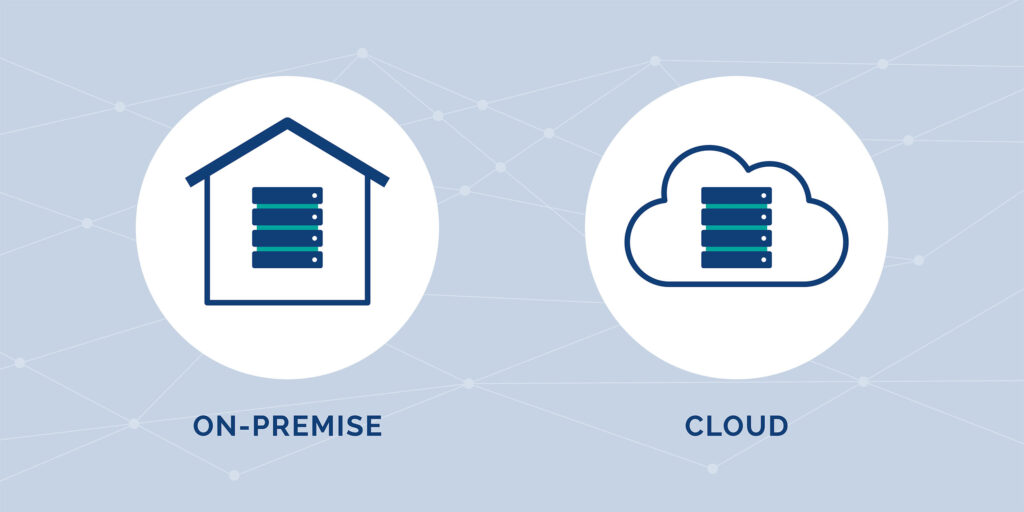Comparing Cloud vs. Traditional POS Systems for Grocery Stores
In today’s fast-paced retail environment, grocery stores face the critical decision of selecting the most efficient and cost-effective Point of Sale (POS) system. This choice between cloud-based and traditional on-premises solutions can significantly impact operations and the bottom line.
What is a Cloud-Based POS System?
Cloud-based POS systems run on servers hosted in the cloud and operate over the internet, offering real-time data access and operational flexibility. They’re known for:
- Low initial setup costs
- Scalability as business grows
- Remote data access
- Enhanced security features
- Ease of installation, support and maintenance.
What is a Traditional POS System?
Traditional POS systems are on-premises, standalone systems with data stored locally. They are characterized by:
- Higher initial investment
- Limited scalability
- Data access restricted to physical location
- Security reliant on local measures
- More resources needed to maintain and support servers, and the software that runs on them
Cost Comparison
- Cloud-based systems typically have lower upfront costs but typically require ongoing subscriptions, this point may be moot as sometime on premise software also has subscription fees.
- Traditional systems demand a significant initial investment but may have lower ongoing costs.
Scalability and Flexibility
- Cloud-based solutions easily adapt to business growth, offering seamless integration of new features and updates.
- Traditional systems might require manual upgrades and physical additions, limiting rapid scalability.
Data Access and Management
- Cloud-based POS allows for real-time data access from anywhere, facilitating better decision-making. This also allows employees to work from anywhere and can reduce downtime if a computer crashes, as the software can be ran from any computer.
- Traditional systems restrict data access to the physical location of the system, hindering flexibility. Typically on-premise software requires users to have computers with applications installed that may cause downtime if a computer crash occurs.
Security Aspects
- Cloud-based POS systems benefit from robust, centralized security protocols and regular automatic updates.
- Traditional systems’ security is as strong as the local measures implemented, potentially risking data breaches.
The Blame Game
- Often on-premise point of sale providers may blame retailers for not maintaining servers properly, it can be hard to pinpoint if an issue is due to software bugs or server configuration. This can cause unnecessary back and forth when troubleshooting issues.
- With a cloud based POS system the servers and software are fully managed by the POS provider, so there is no grey area or server configuration that the retailer is responsible for.
Pros and Cons
Cloud-Based POS Systems:
Pros:
- Lower upfront costs
- Easy scalability
- Remote access to data
- Remote access to applications
- Enhanced security features
- No need to manage or update any hardware or software
- Improved reliability
Cons:
- Access to data and some features may be reliant on internet connectivity
- Ongoing subscription costs
Traditional POS Systems:
Pros:
- Complete control over data and environment
- There may be lower ongoing costs, depending on the POS provider
Cons:
- Higher initial costs
- Limited scalability
- Restricted data access
- Potentially outdated security measures
- Server maintenance and configuration needed.
Conclusion
Choosing the right POS system for a grocery store involves weighing the pros and cons of cloud-based versus traditional systems.Consider how POS software integrates with other systems and collaborates with grocery marketing agencies for greater success. Factors like cost, scalability, data access, and security play crucial roles in this decision. While cloud-based POS systems offer modern solutions with flexibility and enhanced security, traditional systems provide more control over data. The future trends in POS technology lean towards more integrated, cloud-based solutions, suggesting a shift in preference. Ultimately, the choice depends on the specific needs, size, and goals of the grocery store.
